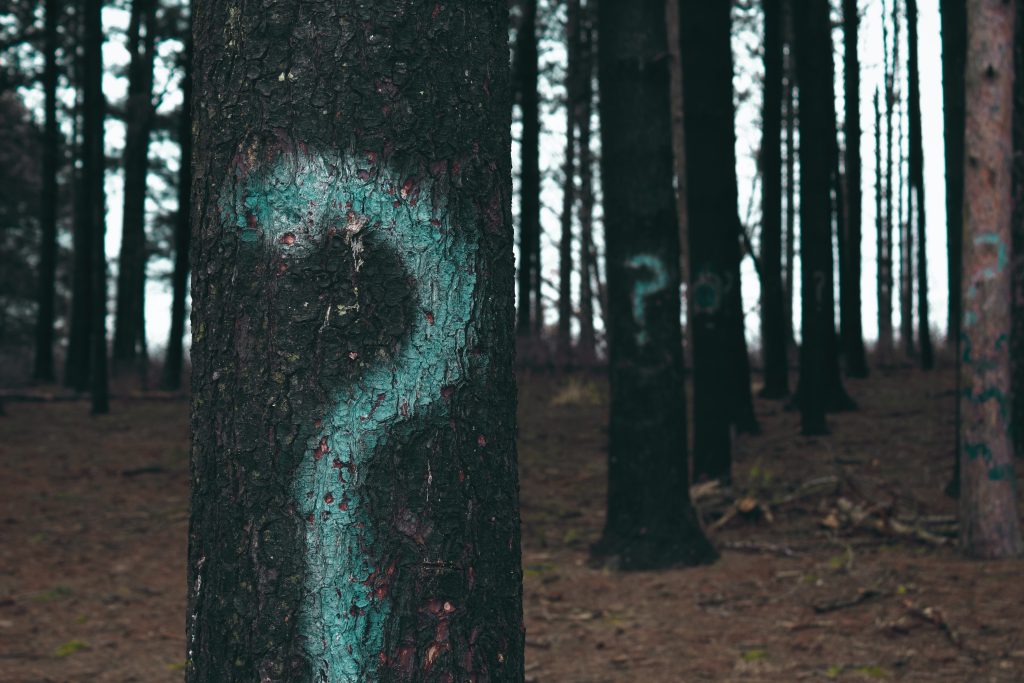Blackouts and Alcohol
Have you ever completely forgotten how you got home after a bout of drinking? Or you may vaguely remember a fight but cannot recall what you said or did?
Your eyelids are crusted over. Something smells bad. There are some weird stains on your pants. A glass of water and a pack of painkillers somehow ended up next to your bed, and on the floor next to you are signs of your frantic attempt at disrobing last night: one shoe, a shirt, your wallet and some a large hat you’ve never seen before.
Your phone, with a new crack in the corner, is filled with a million text messages from concerned friends and one from an ex:
Are you okay? Where are you? Hello??? How dare you text me out of the blue like this? Do you realize how much you hurt me?
Head pounding, breath reeking of stale tobacco and limbs aching, you wonder, What the hell happened last night?
Well, you blacked out. You endured an episode of amnesia during which you lost your ability to form memories while you were severely intoxicated. You could have had the worst night of your life or the best, and you’ll never know.
You could have even been in an emotionally-charged event – called your ex in a fit of rage and asked what you did that was so wrong to get dumped – and you don’t remember it – even though we vividly remember events that stir up loads of emotions.

What is a blackout?
Binge drinking and heavy alcohol consumption are risky, leading to dangerous situations like blacking out and other long-term health issues.
If you’ve ever experienced such a situation, called a “blackout” from alcohol, you may shrug it off as a regular part of drinking culture or think that it’s not a big deal if it isn’t happening all the time. However, heavy or binge drinking alcohol can not only lead to dangerous situations.
A blackout is also frightening or embarrassing because large parts of the day are entirely wiped out from your memory. It can also lead to long-term health issues, regardless of how often it occurs.
When you drink to the point of intoxication – whether you are alcoholic or not – alcohol and its metabolic by-product acetaldehyde destroy cells in the hippocampus, the long-term memory storage area of the brain. It’s like a virus has corrupted the memory of your computer. Cell destruction is usually associated with a rising blood alcohol level and may be related to oxygen deprivation in some crucial regions of the brain. While patchy memories are a common after-effect of heavy drinking, blackouts – total wipe-outs of moments, hours, or even days of your life – are less common. They are always, however, terrifying.
Bill Asbury suffered from periodic blackouts during his twenty-five years of alcoholic drinking. This one was his worst:
I was in Spokane, Washington, for a job interview. After the interview, I celebrated (I didn’t get the job) with three double martinis, a bottle of good red wine, and two after-dinner snifters of brandy. Somewhere in there, I think I ate a steak and a potato. Sufficiently tanked up, I got in my car and started driving back home. Three hours later, when I became conscious of what I was doing, I discovered that I was seventy kilometres past my destination. My speedometer told me I was going 110 mph. To this day, twenty-seven years later, I have no memory, not a single trace, of that three-hour drive.

Blackouts are a warning sign
Blackouts are often listed as a tell-tale symptom in the checklists for diagnosing alcoholism. While anyone who drinks too much at a given time (or who mixes alcohol with other drugs that affect the central nervous system) can experience memory loss, genuine drug amnesia due to hippocampal changes is a diagnostic of alcoholism.
Still, an estimated 50 per cent of alcoholics do not have blackouts – or at least they don’t remember having them. Since a blackout is defined as total memory loss for moments, hours, or even days, alcoholics often won’t remember having one unless someone or something (like a crumpled fender, a broken nose, or a friend’s blow-by-blow description) calls attention to the missing event.
Have you ever experienced a blackout? If so, seek professional support now!
If you or a loved one is struggling with addiction issues, call Freephone 0800 140 4044
Freephone: 0800 140 4044
Local rate: 0300 330 3040

